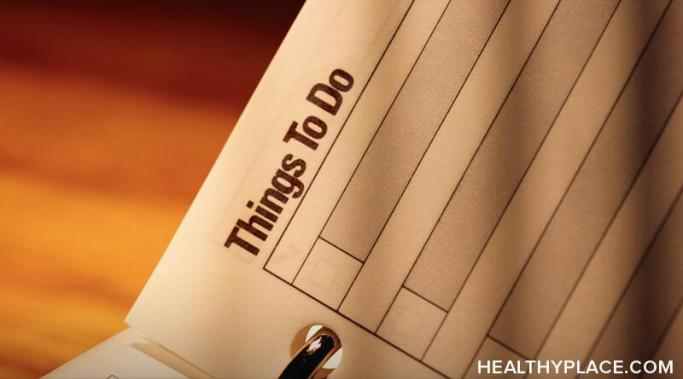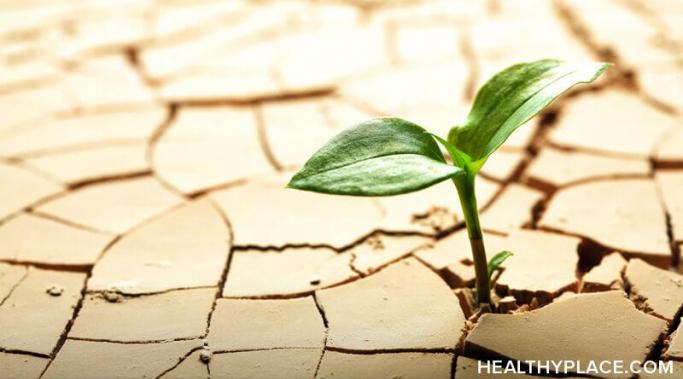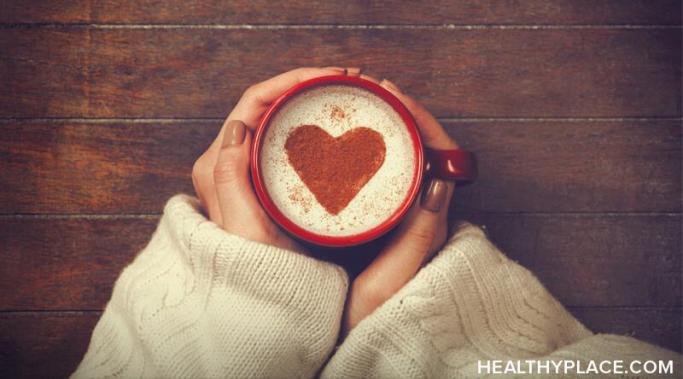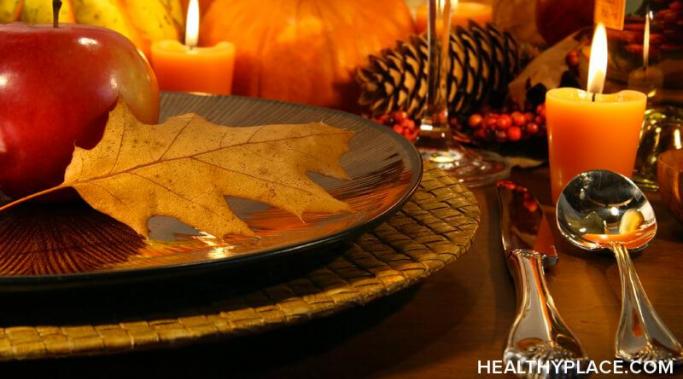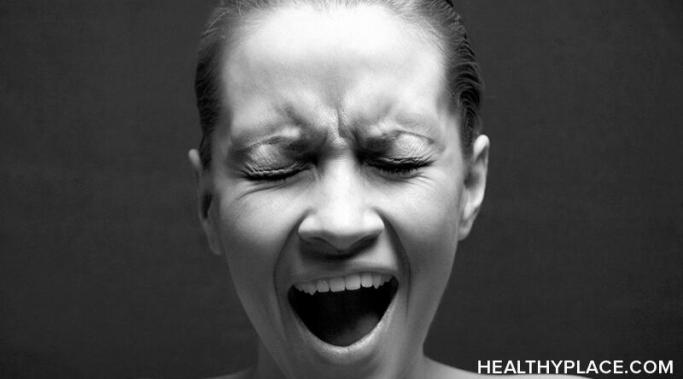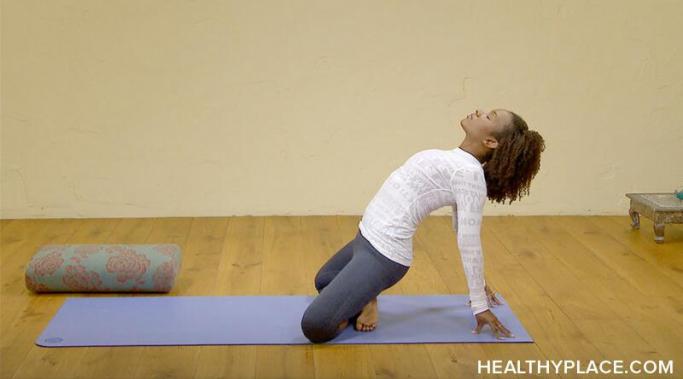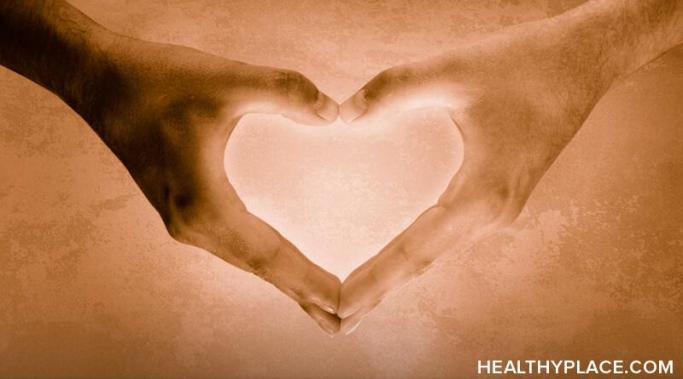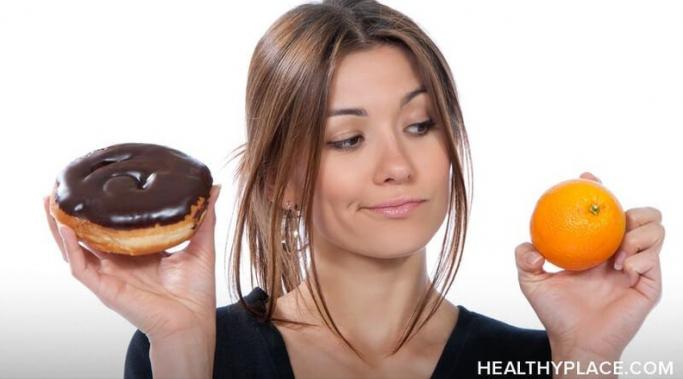Confession: I don't want to make eating disorder (ED) recovery resolutions this year. In the past, I have dutifully written an exhaustive list of all the milestones I intend to reach in my healing journey, but as 2024 rounds the corner, this ritual suddenly feels more like pressure than motivation. I am a firm believer that recovery is not about ticking off certain boxes or following an arbitrary schedule. I set goals for myself, but I have learned to release expectations as to when I might achieve them. Maybe I'll form a healthier relationship with my own body as soon as tomorrow—or maybe it will take me a lifetime. Either way, I am done trying to force specific outcomes, so I don't want to make ED recovery resolutions this year.
Holidays in Eating Disorder Recovery
I realize now that I need to accept a lack of control in my eating disorder recovery. My battle with anorexia was never just about caloric restriction or exercise compulsion. Those behaviors were surface-level indicators of a more complex issue underneath. The main fear that drove my illness had nothing to do with food itself—on the contrary, I longed for nourishment and sustenance. My source of terror was a loss of control.
My eating disorder lessons actually make me feel grateful. Gratitude is a recurring theme that defines the entire holiday season. In fact, this value is thrown around so often in the frenetic build-up to each new year that it's easy to overlook just how powerful gratitude is. When I strip away all those cliché axioms and intentionally reflect on what it means to be thankful, I'm humbled by the sheer amount of blessings in my life. But then, as I lean deeper into self-reflection, I feel a curious swell of gratitude in an area I would normally least expect. This year, I am grateful for the lessons of my eating disorder.
I was raised in a family that took holiday celebrations to a stratospheric level. We started listening to seasonal music in August. We had Christmas trees in almost every room of our house. We hosted multiple events—from Secret Santa exchanges with my parents' friends to cookie decorating parties with my aunts and cousins to the traditional feast with all of our exuberant Italian relatives. In this whirlwind of festivities, my mom turned entertaining into an art form, and her energy was infectious. But now that I am an adult, celebrating the holiday season on my own terms feels essential in order to prioritize my eating disorder recovery.
Each year, as the calendar flips to November, I'm hit with a reminder of how complex the holiday season feels in eating disorder recovery. Of course, that's not unique to those with a history of eating disorders. This time of year can be overwhelming for anyone. In 2021, three out of five surveyed Americans felt their mental health worsen over the holidays, with 60 percent noticing a rise in anxiety and 52 percent noticing a rise in depression. Now couple all that with eating disorder stressors or behaviors, and this hectic season can become even more fraught. So with the 2022 festivities just around the corner, let's acknowledge it: The holidays are complex in eating disorder recovery—and that is alright.
Confession: I have felt internally out of control during the past month, and as I have come to learn about myself, this perceived lack of control can activate my eating disorder habits. To be fully transparent here, I'm not sure what to do about this recurring behavioral pattern in my life, but for right now, I just need space to acknowledge it. I will undoubtedly examine it through a curious, in-depth lens with my therapist in this week's counseling session. However, at the moment, I have to be truthful about the reality that this lack of control I feel is threatening to activate my eating disorder habits.
With the start of another new year just around the corner, you might have some questions about how to set eating disorder recovery resolutions for 2022—and that's completely understandable. In the past, the tradition of making New Year's resolutions was often associated with strict body-conscious goals, such as "to exercise more frequently," "consume a healthier diet," or "lose the 'holiday pounds.'"
It's been several years since the last time I suffered through the holidays with an active eating disorder, but I can still remember just how visceral that sense of overwhelming panic used to feel in this season. Back then, I wasn't intentional about self-care whatsoever, so in years past, I tried to either dissociate from my body to escape all the discomfort within me or punish my body to restrain the fear of being out of control. But now that I am firmly resolute in my commitment to eating disorder recovery, I choose a third option, and it's the choice I will extend to you as well. Please be kind to your body this holiday season.
Thanksgiving is not my favorite holiday—not even close, in fact. As someone who was raised in a large, boisterous, Italian American family, I understand the importance of seasonal traditions, quality time with loved ones, and communal expressions of gratitude. But as someone who is also in eating disorder (ED) recovery, the overt emphasis on food this time of year can still cause ripples of anxiety to surface. So, as another holiday season rounds the corner, I want to share with you a list of ED recovery affirmations to remember on Thanksgiving. I often repeat them to myself when I feel overwhelmed or anxious during the festivities, and I hope these affirmations calm and re-center you as well.
Learning to eat healthily is an important part of eating disorder recovery; however, when it comes to celebrating special occasions, like Christmas, I steer clear of healthy holiday baking. The reason is simple: learning to have a good relationship with food means not vilifying it, even if it has little nutritional value.
